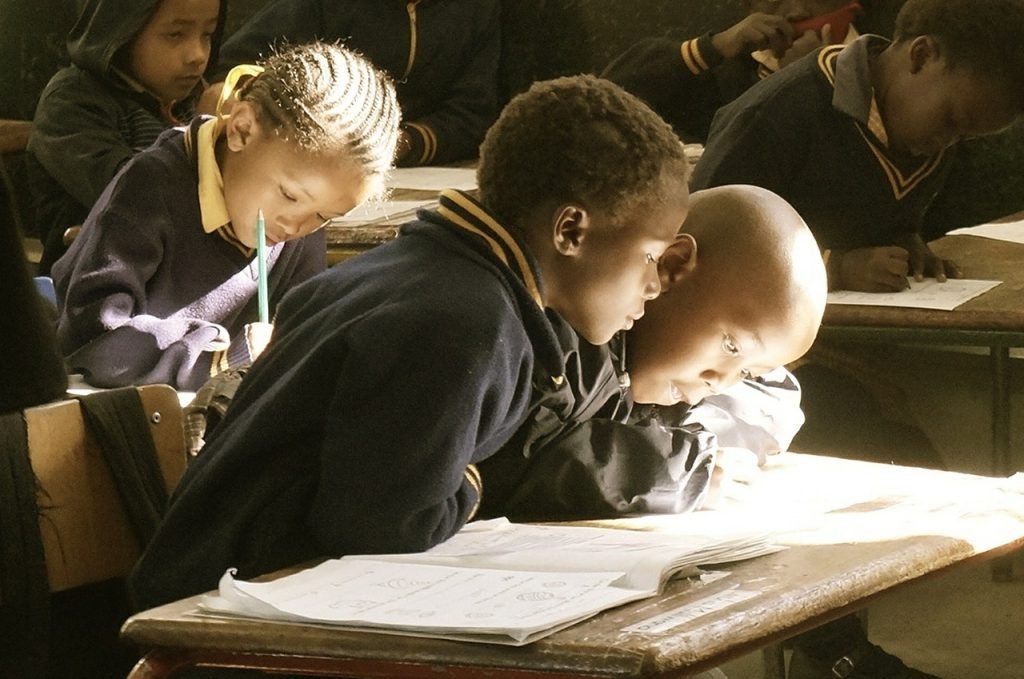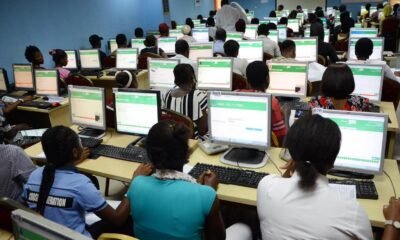News
Imperatives OF Championing Quality Education For The African Child

By Juliana Ajayi
The importance of quality education in the life of a child cannot be over-emphasised; not only is it investment into the children’s future, but critical to society’ future economic development.
Education boosts productivity, enhances poverty reduction, social cohesion, sustainability, and more.
The United Nations Children’s Fund (UNICEF) states that children who do not receive a high-quality education would have significant difficulties finding work in the future.
They are less likely to engage in decisions that impact them and are more likely to experience unfavourable health outcomes, which puts their capacity to create better futures for both themselves and their communities in jeopardy.
“Without urgent action, the situation will likely get worse as the region faces a rising demand for education due to a still-growing school-age population”, the fund adds.
For the great majority of people living in Africa today, having access to communication tools is essential to daily life. Studies show that since the 1960s, Mass Communication technology has been a major force behind quality education delivery in Africa.
READ ALSO: How To Apply For The NELF Students’ Loan
Countries such as Côte d’Ivoire, Niger, and Senegal developed significant radio and subsequently television programmes to improve teacher preparation and even provide pupils direct teaching. These reasonably priced programmess catered to a sizable student body.
Though it might it be difficult to assess the outcomes in terms of academic achievement, there is no doubt of the overral impact of such to quality education.
Across the region, 9 million girls between the ages of 6 and 11 will never go to school at all, compared to 6 million boys, according to UNESCO Institute for Statistics data.
Their disadvantage starts early: 23 percent of girls are out of primary school compared to 19 percent of boys. By the time they become adolescents, the exclusion rate for girls is 36 percent compared to 32 percent for boys.
Sub-Saharan Africa has the highest rates of educational exclusion of any area. More than one-fifth of kids between the ages of about 6 and 11 and one-third of kids between the ages of roughly 12 and 14 are not in school.
UIS data show that about 60 percent of young people between the ages of 15 and 17 do not attend school.
READ ALSO: Digital Learning: 7 Ways To Boost Education In Schools, Offices
Millions of young Africans still lack access to effective, interesting, and high-quality education in Nigeria and across the continent. Exorbitant expenses have served as a deterrent, and students have been plagued by depressing exam scores in disciplines like English and mathematics.
The ubiquity of social media has made traditional learning less enticing when compared to the dynamic online world, which only makes matters worse.
Furthermore, there has not been much in the way of government action to solve these problems.



















